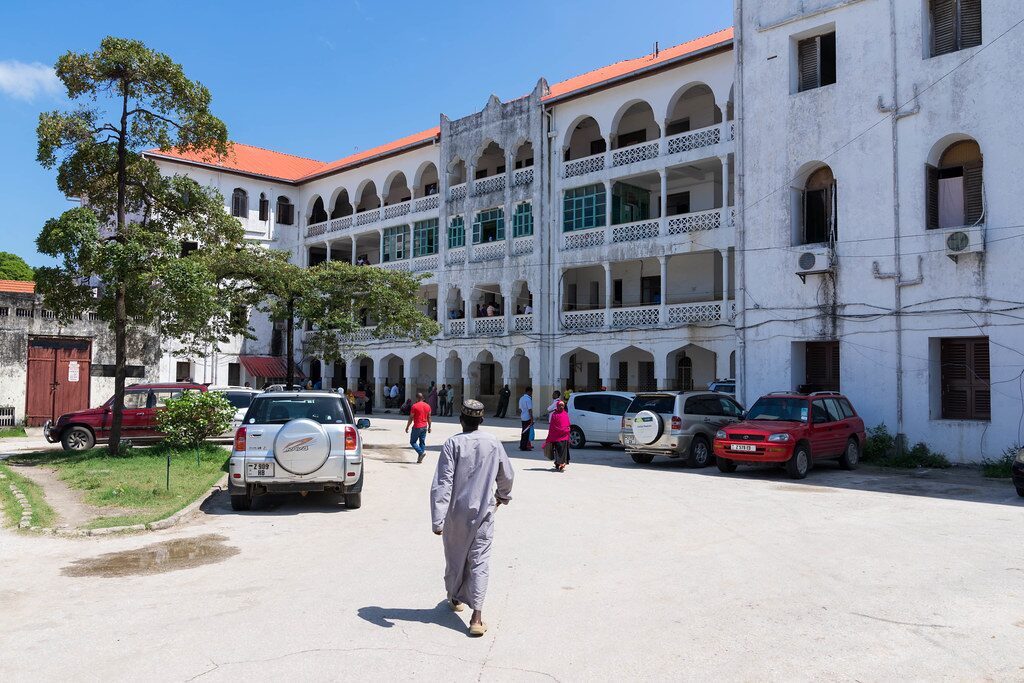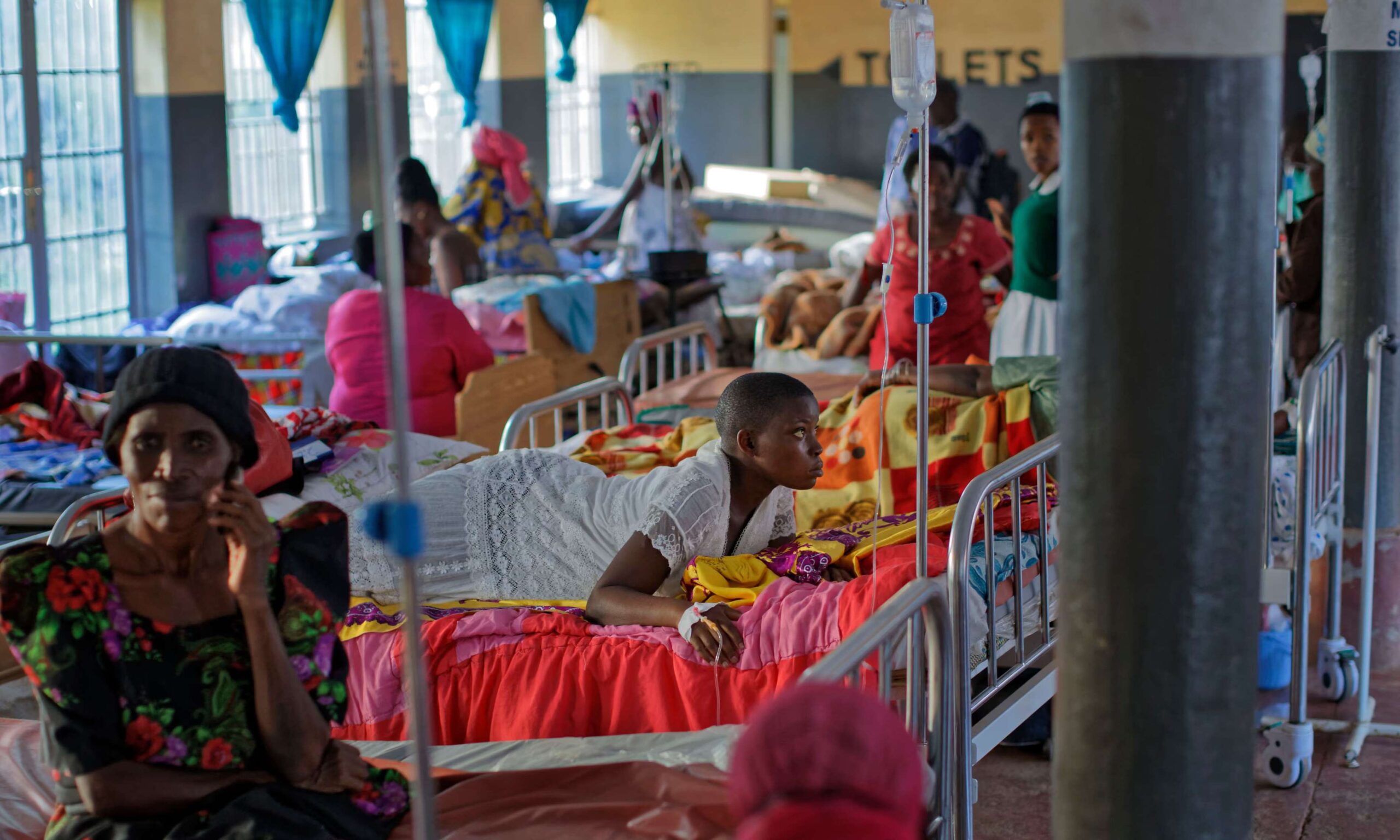
Friday 21st November 2025

by inAfrika Newsroom
The Africa cholera outbreak 2025 has become the continent’s worst in a quarter century, according to new figures from Africa CDC. Officials say African countries have reported more than 300,000 cases and over 7,000 deaths so far this year, more than three times the number in 2022. Five states — Congo, Angola, Sudan, South Sudan and Nigeria — account for almost 90% of all infections.
Africa CDC leaders link the surge to poor access to clean water, rapid urbanisation and strained public-health systems. Heavy rains and floods have damaged pipes and latrines in several cities, while conflict has driven people into crowded camps with weak sanitation. Moreover, climate variability is altering rainfall patterns, which often leaves communities exposed to both drought and sudden floods in the same year.
Governments and partners have launched emergency vaccination, surveillance and water-treatment campaigns. However, officials admit that limited stocks of oral cholera vaccine, together with logistics challenges, are slowing coverage. In some hot spots, health workers must travel long distances by boat or motorbike to reach isolated communities.
In addition, Africa CDC is calling for major investment in long-term water, sanitation and hygiene (WASH) infrastructure. The agency argues that repeated emergency appeals are unsustainable and that prevention costs far less than constant crisis response. Donors have pledged extra funds, yet current commitments still fall short of estimated needs. Meanwhile, health ministries warn that cholera outbreaks are diverting staff and money from other priorities such as malaria, HIV and maternal care.
The Africa cholera outbreak 2025 highlights how fragile water and sanitation systems threaten lives, budgets and trust in public services. Every major outbreak pushes hospitals to the limit and forces families to spend scarce income on treatment instead of food or school fees. At the same time, repeated emergencies weaken confidence in governments’ ability to provide basic services. Yet experts stress that cholera is both preventable and treatable. When countries invest in safe water, sewers and hygiene, cases drop sharply and remain low. If Africa can convert today’s crisis into a long-term WASH push, it will protect millions of people, free up health budgets and strengthen resilience to future climate shocks.


